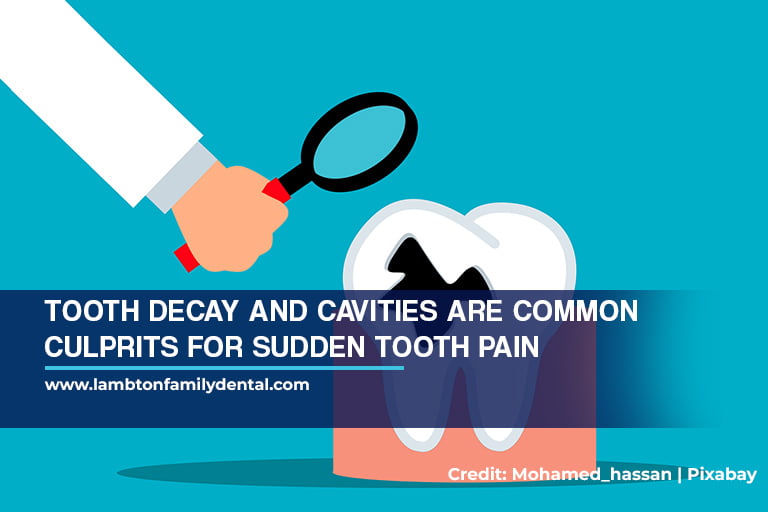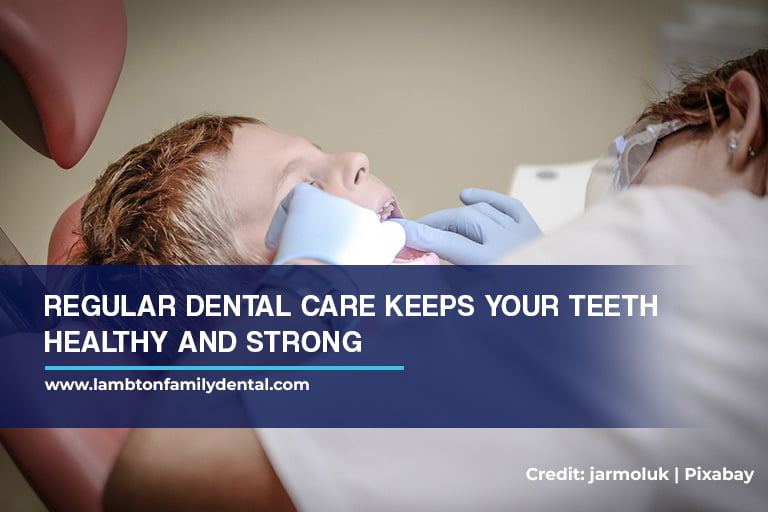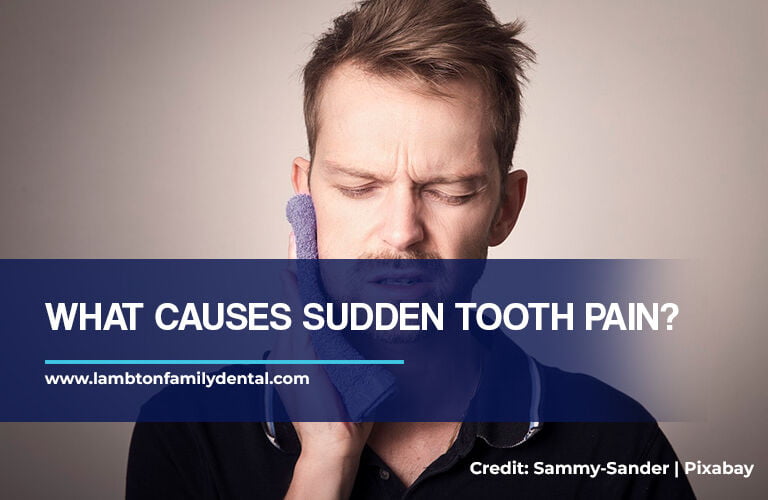Sudden tooth pain can be a distressing experience, often catching us off guard and disrupting our daily lives. Understanding the underlying causes of sudden tooth pain is essential for maintaining good dental health and seeking timely treatment.
In this comprehensive guide, we delve into the various reasons behind sudden tooth pain and explore preventive measures and treatment options.
Understanding Tooth Anatomy
Before delving into the causes of acute toothache, it’s essential to grasp the intricate anatomy of the tooth. Understanding the structure of the tooth can provide insight into why certain conditions lead to pain and discomfort. Let’s explore the layers of the tooth:
- Enamel
The outermost layer of the tooth, enamel, is the hardest substance in the human body. It serves as a protective barrier, shielding the underlying layers from damage and decay.
- Dentin
Beneath the enamel lies the dentin, a yellowish layer that makes up the bulk of the tooth structure. Dentin contains microscopic tubules that connect to the nerves in the pulp, transmitting sensations such as temperature and pressure.
- Pulp
At the core of the tooth is the pulp, a soft tissue comprised of blood vessels, nerves, and connective tissue. The pulp plays a vital role in nourishing the tooth and providing sensory feedback.
- Nerves
Nerves within the pulp carry signals to and from the brain, allowing us to perceive sensations such as pain and touch. Damage or irritation to these nerves can result in tooth sensitivity and pain.
Any disruption or injury to these intricate layers of the tooth can lead to various forms of tooth pain, ranging from mild sensitivity to intense throbbing discomfort. Understanding the role of each component in tooth anatomy is crucial for diagnosing and addressing dental issues effectively.
Common Causes of Sudden Tooth Pain

Sudden tooth pain can disrupt our daily routines and often signals underlying dental issues that require attention. Let’s explore the most common toothache causes and understand how they can impact our dental health:
- Dental Decay and Cavities
Dental decay and cavities are among the many reasons for sudden dental discomfort. This process begins when bacteria in the mouth produce acids that gradually erode tooth enamel, forming cavities. If left untreated, these cavities can progress, reaching the sensitive inner layers of the tooth, and causing severe discomfort and pain. Regular dental check-ups and good oral hygiene practices are essential for preventing and managing dental decay.
- Dental Abscess
A dental abscess is a pocket of pus that forms due to a bacterial infection, often stemming from untreated dental decay or gum disease. It can develop at the root of the tooth or between the gum and tooth. Common symptoms of a dental abscess include throbbing pain, swelling, and fever. Without prompt treatment, a dental abscess can lead to serious complications, including tooth loss and systemic infections.
- Gum Disease (Gingivitis and Periodontitis)
Gum disease, encompassing gingivitis and periodontitis, is another significant contributor to sudden tooth sensitivity. These conditions involve inflammation and infection of the gums, which can eventually affect the supporting structures of the teeth. As gum disease progresses, it can cause gum recession, tooth mobility, and discomfort while chewing. Proper oral hygiene, including regular brushing, flossing, and professional cleanings, is crucial for preventing and managing gum disease.
- Tooth Fractures or Cracks
Tooth fractures or cracks can occur due to various factors, including trauma, biting on hard objects, or teeth grinding (bruxism). These fractures expose the inner layers of the tooth to bacteria and other irritants, leading to sensitivity and pain. Depending on the severity of the fracture, treatment options may include dental bonding, crowns, or root canal therapy. Wearing a mouthguard during sports activities and addressing teeth-grinding habits can help prevent tooth fractures.
Other Factors Contributing to Tooth Pain
While dental decay and gum disease are common causes of sudden tooth pain, other factors can also contribute to dental discomfort. Understanding these factors can help you take proactive steps to maintain your dental health.
- Dental Trauma
Accidents or injuries to the mouth can cause trauma to the teeth, gums, or jawbone, resulting in sudden dental pain. Whether it’s a sports-related injury, a fall, or a dental mishap, trauma to the mouth should be taken seriously. Impact from accidents can lead to fractures, chips, or dislodgment of teeth, which may cause immediate pain or discomfort. In some cases, trauma can also damage the surrounding soft tissues and nerves. It is essential to seek prompt evaluation by a dentist following any form of dental trauma. Early intervention can help prevent further complications, such as infections or tooth loss, and preserve dental health in the long term.
- Tooth Sensitivity
Tooth sensitivity is another common cause of sudden tooth pain, characterized by discomfort or pain in response to hot, cold, or sweet stimuli. This sensitivity occurs when the underlying dentin, which contains microscopic tubules that connect to the nerve endings, becomes exposed. Enamel erosion, gum recession, and exposed tooth roots due to aggressive brushing or gum disease can all contribute to tooth sensitivity. Using desensitizing toothpaste containing ingredients like potassium nitrate or fluoride can help alleviate sensitivity by blocking the nerve signals. Moreover, adopting proper oral hygiene practices, including the use of a soft-bristled toothbrush and steering clear of acidic foods and beverages, can effectively stop further enamel erosion and gum recession. This contributes to a gradual reduction in tooth sensitivity over time.
Lifestyle and Dental Hygiene Habits

Maintaining optimal oral hygiene and adopting healthy lifestyle habits are crucial steps in reducing the risk of sudden tooth pain and promoting overall dental health. By incorporating the following habits into your daily routine, you can minimize the likelihood of experiencing dental problems:
- Regular Brushing and Flossing
Brushing your teeth at least twice a day and flossing once daily helps remove plaque and bacteria that can lead to tooth decay and gum disease.
- Balanced Diet
Consuming a balanced diet that is low in sugary and acidic foods can help prevent enamel erosion and decay. Incorporate plenty of fruits, vegetables, lean proteins, and dairy products into your meals for optimal dental health.
- Limit Sugary and Acidic Foods
Sugary and acidic foods and beverages can weaken tooth enamel and increase the risk of cavities. Limit your intake of candies, sodas, fruit juices, and other sugary treats to protect your teeth.
- Avoid Tobacco Products
Smoking and chewing tobacco can contribute to gum disease, tooth decay, and tooth loss. Quitting tobacco products can improve your oral health and reduce the risk of dental problems.
- Stay Hydrated
Drinking plenty of water helps rinse away food particles and bacteria, maintaining a clean and healthy mouth. Opt for water instead of sugary or acidic beverages to keep your teeth strong and cavity-free.
- Use Fluoride Products
Fluoride toothpaste and mouthwash help strengthen tooth enamel and protect against decay. Look for dental products that contain fluoride and incorporate them into your oral hygiene routine.
When to Seek Dental Care
If you experience sudden or severe tooth pain, it’s important to seek prompt dental care. Ignoring dental pain can exacerbate underlying issues and lead to more serious complications.
For compassionate and comprehensive dental care in Sarnia, trust Lambton Family Dental. Our dental team is dedicated to providing solutions to address your unique dental needs. Schedule an appointment with our dentist in Sarnia for a comprehensive examination and personalized treatment plan. Contact us today at 519-344-5747.

